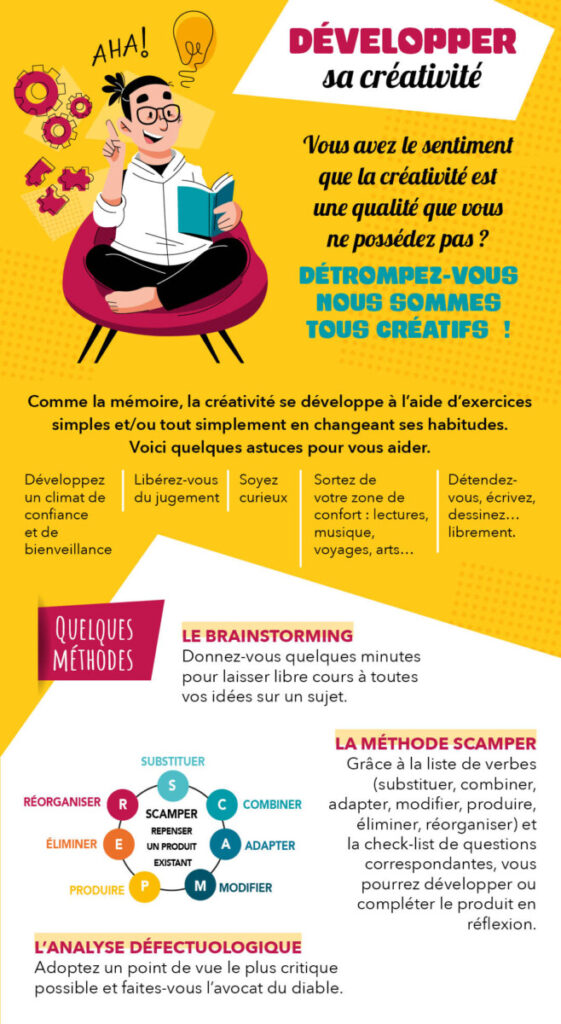Your flexibility is your greatest asset: you are an "agile" employee. You adapt quickly to change and know how to manage priorities.
But if these skills are used excessively or badly, they can have perverse effects: objectives lost sight of, a feeling of going round in circles, a backlog of work. Perhaps you could develop a more structured approach? In addition, strengthening your time management skills can improve your day-to-day efficiency.

Your strengths
Ability to adapt
Your analytical skills enables you to quickly assess changes in your situation and environment, to understand new constraints, adjust your priorities and propose new solutions. Your cognitive flexibility allows you to reorganise your ideas without being held back by the initial plans. A change of brief or a last-minute request? You manage.
Sense of priorities
Do projects and deadlines overlap? You quickly identify what's essential and what can wait. You stay focused on high-impact taskseven when new requests arise. You reorganise your schedule and mobilise the resources needed to ensure delivery without compromising quality. You're an emergency and short-term specialist.
→ Turning constraints into opportunities
This gives you a major advantage in a constantly evolving professional environment where projects and customer expectations change rapidly.
→ The made-to-measure specialist
Your areas for improvement
Developing a more structured approach thanks to project management
Do you feel that you change direction too often? Is this holding back your creativity? Managing short-term priorities can have an impact on your ability to anticipate trends and innovate. Rather than just reacting to situations as they arise, try to adapt proactively. To take a long-term view and a more global strategic perspective, you could structure your approach using project management techniques.
Project management maps out a path and constantly adapts the stages to stay on target.
Strengthen your time management skills
Juggling several projects can often lead to delays or a dispersal of effort. So how do you stay on top of your game in an environment where priorities are changing rapidly? By adopting methods such as time blocking (blocking time slots dedicated to each task) or the Pomodoro (working in short, intensive sessions followed by breaks). In practice, this allows you to stay focused, limit distractions and optimise your energy to deliver quality results, even under pressure.
The training reflex
Project management, the fundamentals
From the basic principles of project management to planning and organisation techniques: learn how to frame your creative processes or those of your team.
Managing your time to be more efficient
Learn how to manage time "thieves": meetings, unforeseen events, interruptions, etc. Optimise your communication: learn how to say no. Optimise your energy: learn to delegate.
To find out more
Article

4 effective methods for prioritising your tasks
In this world of constant pressure and far too short days, how do you prioritise tasks to achieve your goals?
Insights from Rémy Jourdan, a specialist in personal development coaching.

